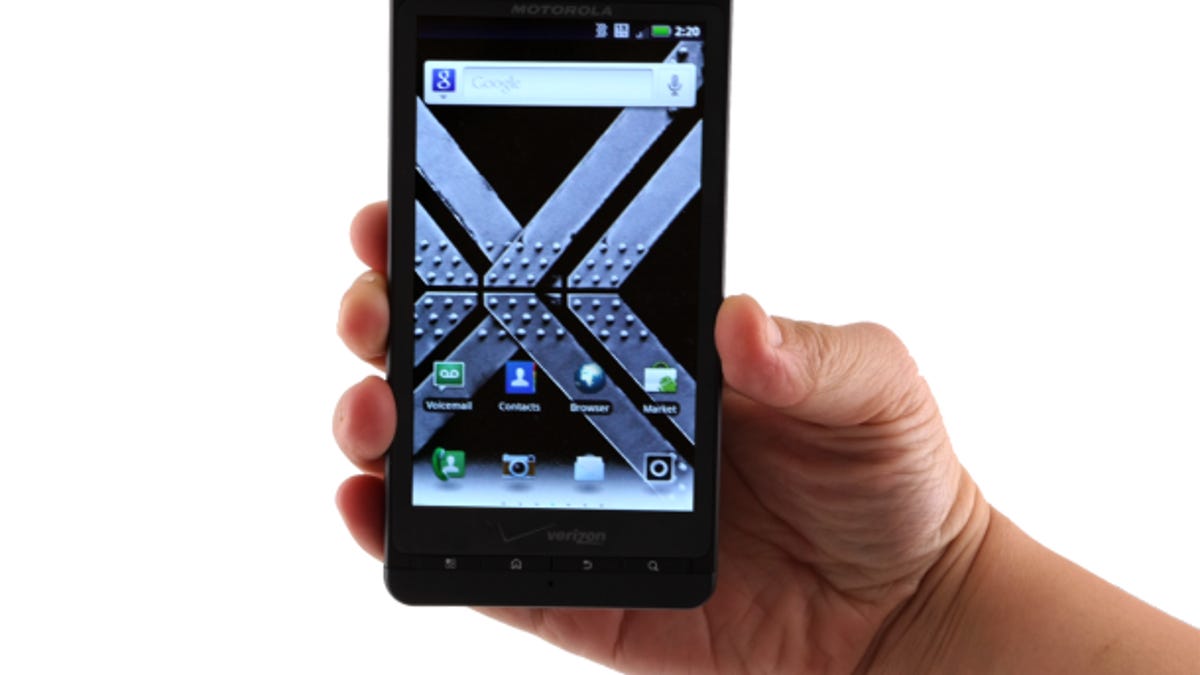German judge: Motorola violates Microsoft's FAT patent
Judge rules that Motorola's Android-based devices are infringing upon a File Allocation Table patent related to the use of "long and short filenames."

A German court has found Motorola Mobility in violation of a Microsoft patent, according to a new report.
Judge Andreas Voss of the Mannheim Regional Court today ruled that Motorola's Android-based devices are infringing upon a File Allocation Table (FAT) patent related to "a common name space for long and short filenames," according to FOSS Patents' Florian Mueller, who first reported on the case.
According to Mueller, who has aided Microsoft in intellectual property matters in the past, the software giant can enforce an injunction against Motorola's infringing devices after posting a 10 million euro bond. In addition, Judge Voss will allow Microsoft to collect damages and recall all infringing products.
FAT is a file system that has been in place for years. Microsoft used the FAT standard in a host of its operating systems, including DOS and several Windows versions. The company argues that Motorola violates its FAT patent in the file system it employs in its Android version. Luckily for Motorola, however, Linux has several file systems, so the company could switch to those.
Motorola, which is now owned by Google, is the only major Android vendor to not have signed licensing deals with Microsoft. The software giant owns a slew of patents that, it claims, could be violated in Android distributions. Rather than face lawsuits, Android vendors have instead decided to license patents from Microsoft.
Motorola's decision to defend itself against Microsoft has also resulted in the mobile vendor launching its own patent-infringement claims against the software company. At the heart of that are its H.264 patents, which Motorola claims, Microsoft violates in its Xbox 360, Windows, and Internet Explorer. Microsoft, of course, has denied those claims and has criticized Motorola for taking aim at its products over standard essential patents.
In a statement to CNET today, Microsoft tried to draw a comparison to Motorola by noting that its FAT claim did not involve standard essential patents. The company also took the chance to fire a couple of more-overt shots at Motorola.
"Today's decision, which follows similar rulings in the U.S. and Germany, is further proof that Motorola Mobility is broadly infringing Microsoft's intellectual property," Microsoft corporate vice president and deputy general counsel David Howard told CNET in an e-mailed statement. "We will continue to enforce injunctions against Motorola Mobility products in those countries and hope they will join other Android device makers by taking a license to Microsoft's patented inventions."
CNET has contacted Motorola for comment on the ruling. We will update this story when we have more information.

